Within the framework of Vietnam International Digital Week 2025, the Ministry of Science and Technology (MOST) in collaboration with the United Nations Educational, Scientific and Cultural Organization (UNESCO) published the Readiness Assessment Report on the Implementation of the UNESCO Recommendation on Artificial Intelligence Ethics (RAM). This is the first report in Vietnam to comprehensively analyze national capacity in building and deploying human-centered, ethical AI in the spirit of UNESCO's Recommendation.
The report not only assesses the current situation, but also provides a clear roadmap for Vietnam in developing responsible, inclusive and innovative AI, affirming Vietnam's vision and commitment in the global AI era.
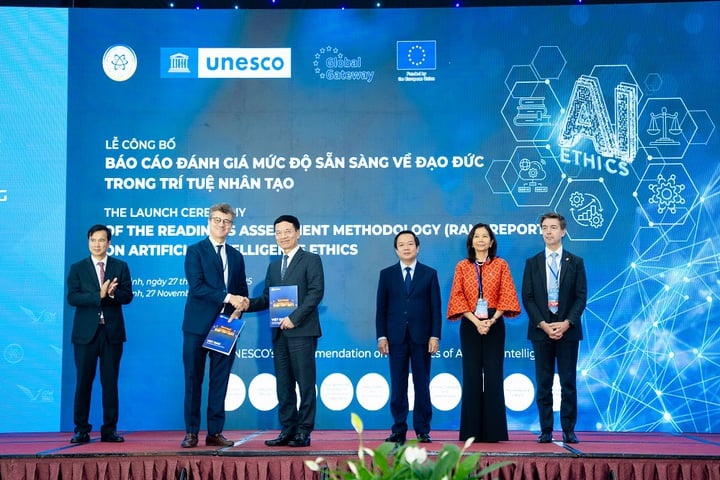
Minister of Science and Technology Nguyen Manh Hung received the RAM report logo from Mr. Johnathan Bake, Head of Office and Representative of UNESCO in Vietnam.
Vietnam on the global AI map
The RAM report was conducted by an interdisciplinary team of experts from leading universities in the country from August 2024 to August 2025, coordinated by the Ministry of Science and Technology, with technical support from UNESCO and funding from the European Union, through document research, expert interviews, group discussions and national consultation workshops, attracting more than 100 representatives of management agencies, research institutes, universities, businesses and social organizations.
RAM is a macro assessment tool to analyze national capacity to develop and implement human-centered, safe, and human-centered AI policies.
At the RAM Report Launch Ceremony, Mr. Jonathan Wallace Baker, UNESCO Representative in Vietnam, said that 70 countries participated in the RAM assessment, and Vietnam was one of the first countries in Asia to complete the report, demonstrating Vietnam's strong leadership in building a responsible AI ecosystem from the beginning.
The report assesses national capacity in five main aspects: Legal; Social and cultural; Science and education; Economic; Technical and Infrastructure. The results show that Vietnam has made great strides in all five areas, while demonstrating strong political determination in developing and applying AI responsibly.
Legally, Vietnam has a clear strategic orientation with Resolution 57 of the Politburo, identifying AI and digital transformation as core growth drivers. The Law on Digital Technology Industry 2025 also has a separate legal chapter on AI for the first time. Vietnam is also one of the few countries in the region that has incorporated AI ethical principles into its strategies and legal documents, demonstrating a clear orientation in developing technology for humanity.
In terms of society and culture, Vietnam is highly appreciated for its policies promoting gender equality, digital inclusion and preserving cultural values in digital transformation. The proportion of women in the field of science and technology is 37%, accounting for 45% of the total number of researchers, while the level of internet access among women is 76%, higher than the global average. The report also noted that Vietnam has a widespread digital infrastructure network, contributing to narrowing the digital gap between regions and promoting more equal access to technology.
In terms of science and education, Vietnam has recorded strong growth in AI research. The number of Vietnamese AI scientific publications has increased from 134 in 2010 to more than 4,000 in 2023, bringing Vietnam to 26th place globally. More than 50 universities have implemented training programs on AI and data science, contributing to the formation of a team of competent and ethical human resources in the field of new technology. Vietnam is also building a National Digital Competency Framework, inheriting the UNESCO Global AI Competency Framework, to help teachers, students and learners approach AI creatively and responsibly.
On the economic front, Vietnam’s digital economy is growing rapidly, contributing 18.3% of GDP by 2024, with total revenue estimated at VND3.88 trillion (about USD152 billion). The AI market alone reached USD547 million in 2023 and is expected to exceed USD2 billion by 2032.
The demand for AI human resources is increasing strongly in key areas such as finance, healthcare, logistics and manufacturing, with AI engineers accounting for 4.2% of total recruitment in the information and communications technology (ICT) sector by 2024. However, the supply of high-quality AI human resources remains limited.
In terms of AI penetration in the workforce, the AI adoption rate among knowledge workers in Vietnam is 88%, significantly higher than the global average of 75%, although there are still disparities between industries and regions. Spending on AI-related activities is also on the rise, with nearly 50% of surveyed businesses dedicating 10–30% of their IT budget to AI.
High-tech exports now account for more than 36% of total trade, reflecting Vietnam's shift to a knowledge-based and innovation-based economy.
In terms of technology and infrastructure, Vietnam has made significant progress in strengthening digital infrastructure to support AI development.
In 2024, for the first time, Vietnam was ranked in the "Very High" group in the United Nations E-Government Development Index (EGDI), ranking 71st in the world and 5th in Southeast Asia. Open data initiatives are being promoted, with more than 10 million data records published and 87% of state agencies providing open data. Internet connection reaches 78.1% of the population, mobile network coverage is 99.8%. Vietnam has 45 data centers and high-performance computing systems, but there are still challenges in terms of quality data, unified AI platform, cybersecurity and energy demand, requiring synchronous solutions for sustainable AI development.

Report on Vietnam's Readiness Assessment in Implementing UNESCO Recommendations on Artificial Intelligence Ethics (RAM).
Vietnam affirms that all citizens should benefit equally from AI, with recommendations to promote the integration of ethics in law, education and social inclusion. Comprehensive public participation, from civil servants, students to businesses, is identified as a core element in building trust and shared responsibility throughout the AI lifecycle, from design to deployment.
Recommendations and future vision
The RAM report also points out gaps that need to be addressed: Unequal access to STEM education, especially for women, people with disabilities and ethnic minority communities; limited data connectivity between sectors; and environmental, cultural and language preservation factors not fully integrated into the national AI strategy.
On that basis, the RAM Report makes important recommendations, specifically that Vietnam should develop a set of technical and ethical standards, test flexible policy tools such as sandboxes, establish a National AI Ethics Committee, and implement AI ethics training for civil servants, teachers, and the technology community. In addition, the report proposes investing in large-scale data centers and innovation centers in strategic AI fields, encouraging community AI applications and preserving culture and heritage, as well as promoting responsible innovation through AI startups.
Speaking at the launch ceremony, UNESCO Representative in Vietnam Jonathan Wallace Baker said: “Vietnam’s AI development is impressive on the world map . Vietnam has shown a strong commitment to developing human-centered AI. The RAM report helps Vietnam clearly identify opportunities and proposes practical steps to ensure AI develops in a human-centered direction. Vietnam has a solid foundation and real potential to become a model in the region for integrating ethics into digital transformation and AI development.”
Ms. Pauline Tamesis, United Nations Resident Coordinator in Vietnam, commented: The United Nations highly appreciates Vietnam's important steps in building a legal framework for AI, while promoting ethical AI development and human-centered digital transformation. Vietnam's implementation of the National Readiness Assessment in implementing UNESCO's RAM recommendations is a clear demonstration of Vietnam's strong commitment to multilateral cooperation in AI governance, as well as in sustainable and ethical technology development.
The publication of the RAM Report is not only an assessment of national capacity, but also a concrete commitment of Vietnam in developing and applying humane, innovative and sustainable AI.
The assessment results and recommendations from UNESCO will be an important basis for the Ministry of Science and Technology to continue implementing the National Strategy on Artificial Intelligence, and to develop the Law on Artificial Intelligence to ensure a balance between innovation and social responsibility, between technological development and human protection.
In the context of AI reshaping all areas of life, from economics, education, healthcare to governance, Vietnam is gradually affirming its position as a pioneering country in the region in developing ethical and human-centered AI. The birth of the RAM Report not only helps Vietnam clearly identify its capacity and challenges, but also demonstrates Vietnam's vision, orientation and commitment to a humane, safe and inclusive digital future - where technology serves people and does not replace them.
Center for Science and Technology Communication
Source: https://mst.gov.vn/viet-nam-cong-bo-bao-cao-ram-huong-toi-ai-nhan-van-an-toan-va-bao-trum-197251102132723502.htm


![[Photo] Ca Mau "struggling" to cope with the highest tide of the year, forecast to exceed alert level 3](https://vphoto.vietnam.vn/thumb/1200x675/vietnam/resource/IMAGE/2025/11/04/1762235371445_ndo_br_trieu-cuong-2-6486-jpg.webp)

![[Photo] The road connecting Dong Nai with Ho Chi Minh City is still unfinished after 5 years of construction.](https://vphoto.vietnam.vn/thumb/1200x675/vietnam/resource/IMAGE/2025/11/04/1762241675985_ndo_br_dji-20251104104418-0635-d-resize-1295-jpg.webp)
![[Photo] Ho Chi Minh City Youth Take Action for a Cleaner Environment](https://vphoto.vietnam.vn/thumb/1200x675/vietnam/resource/IMAGE/2025/11/04/1762233574890_550816358-1108586934787014-6430522970717297480-n-1-jpg.webp)

![[Photo] Comrade Nguyen Duy Ngoc holds the position of Secretary of the Hanoi Party Committee](https://vphoto.vietnam.vn/thumb/1200x675/vietnam/resource/IMAGE/2025/11/04/1762234472658_a1-bnd-5518-8538-jpg.webp)



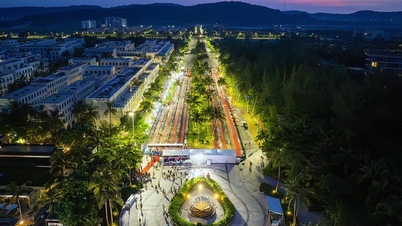







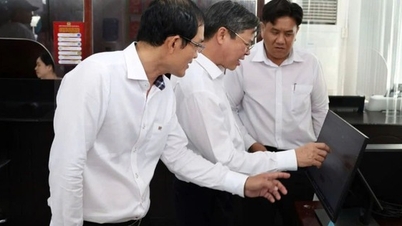

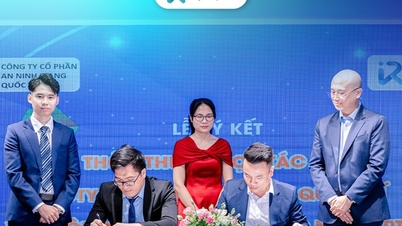
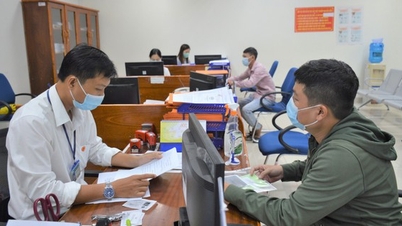
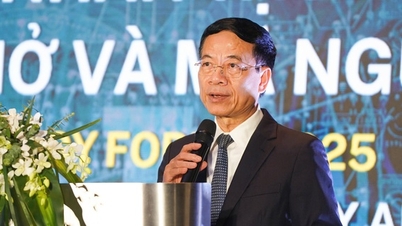
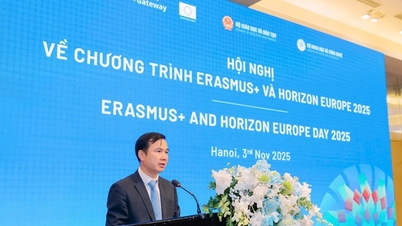






















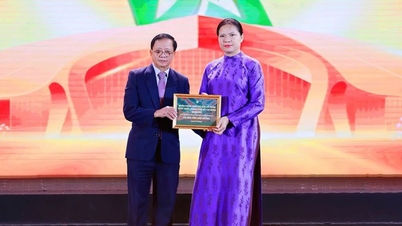







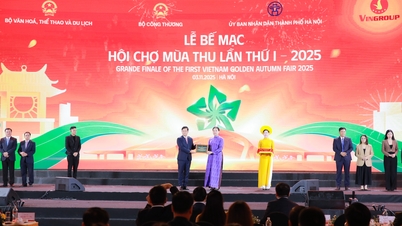










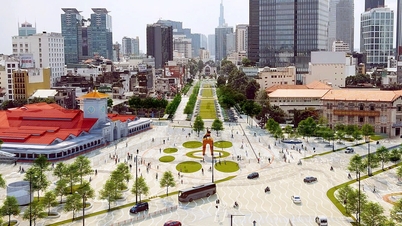





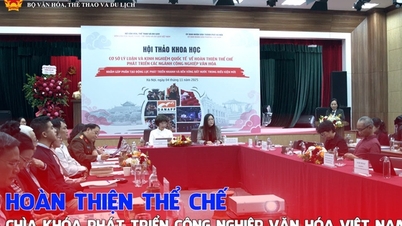
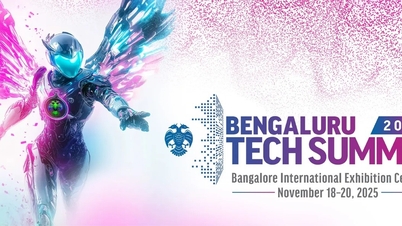
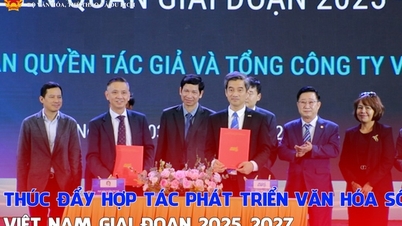

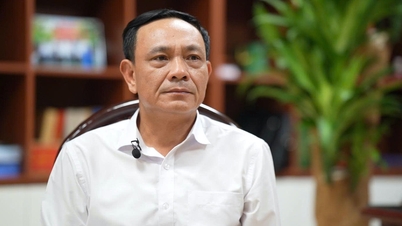
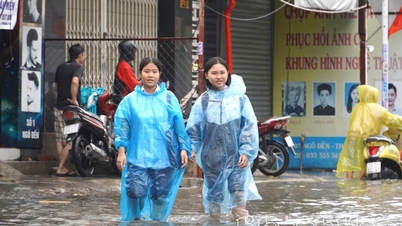

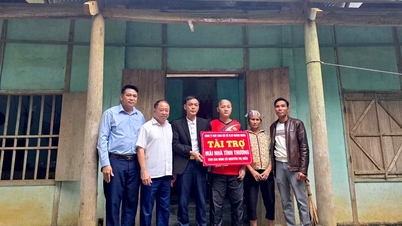

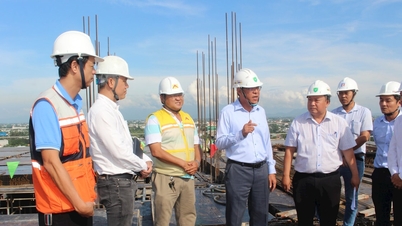



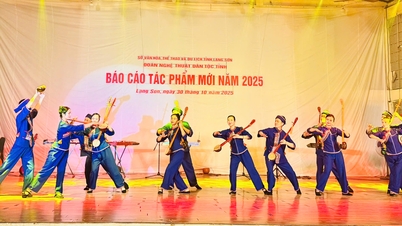

















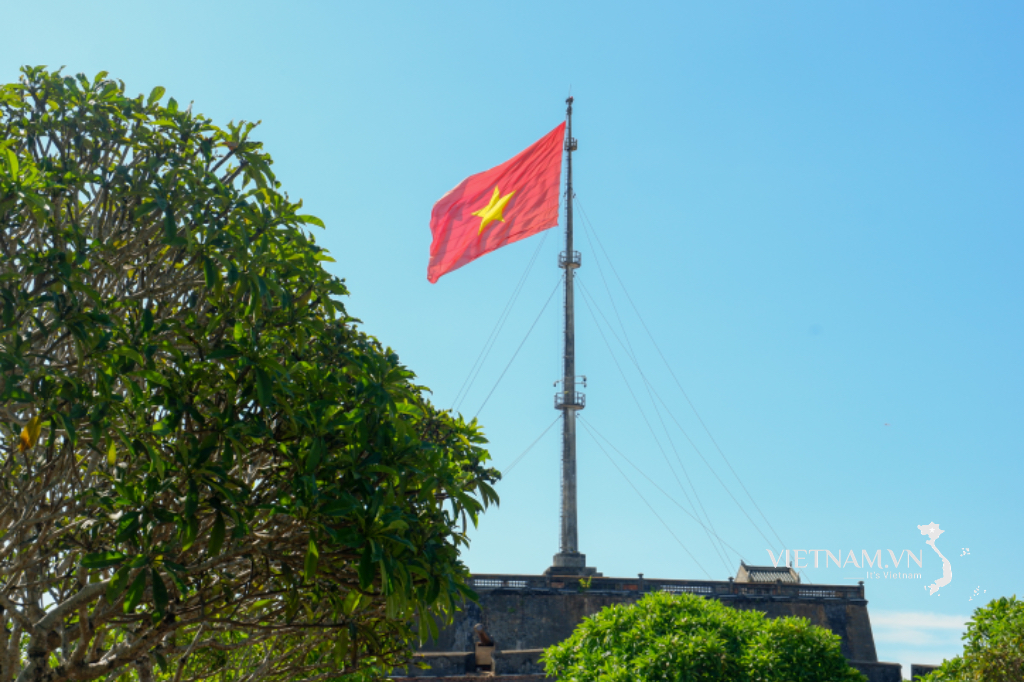

Comment (0)